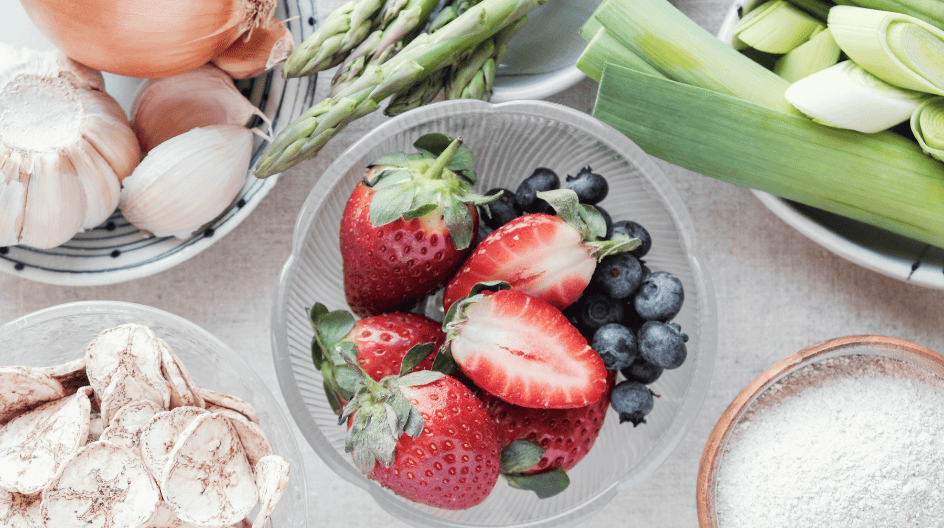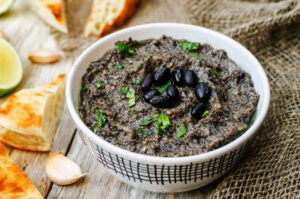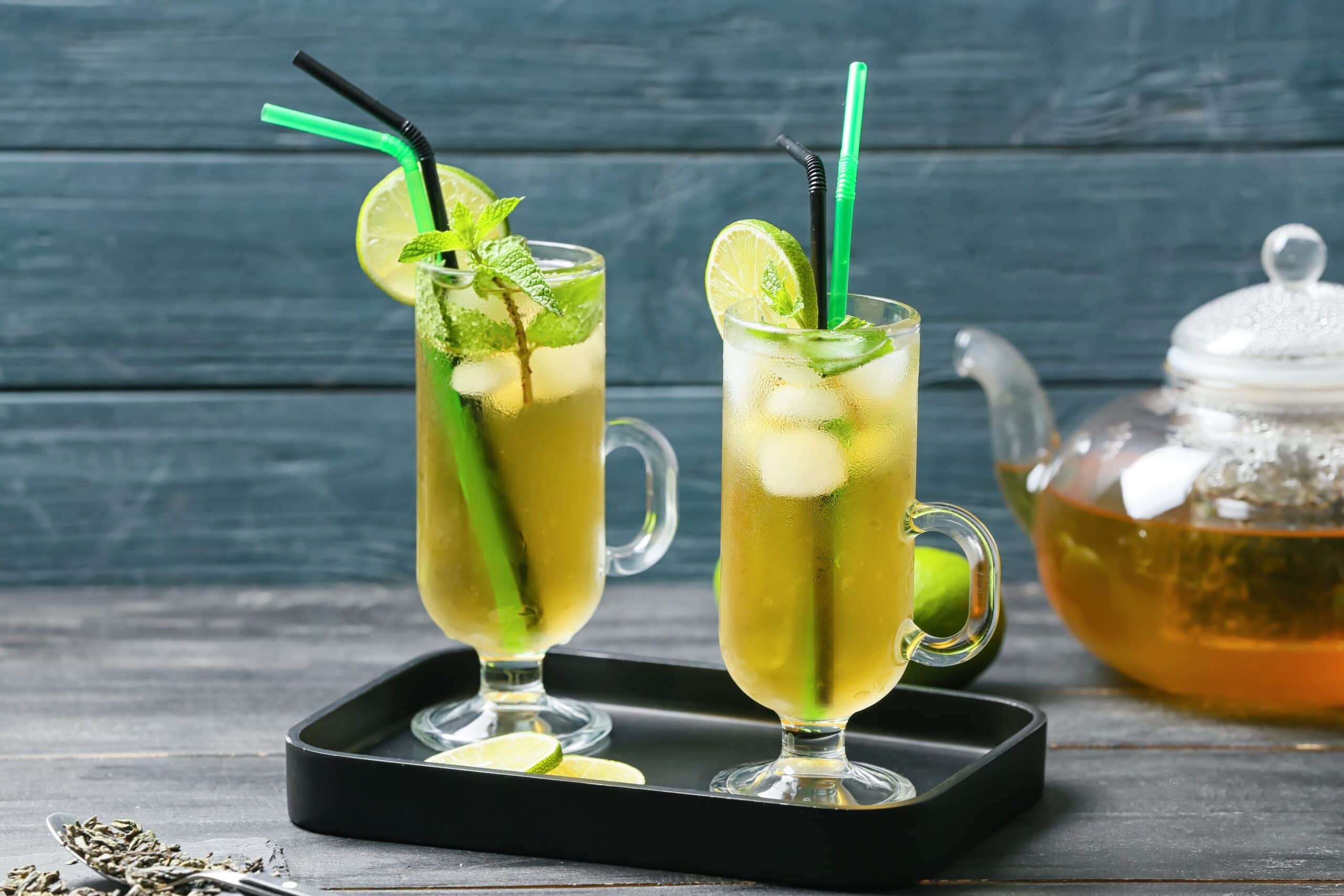Have you ever felt butterflies in your stomach when you’re nervous or anxious?
When making an important decision, you’re probably getting signals from what scientists are now calling our “second brain”, also known as the human digestive system. The digestive system is a significant factor in health and the function of your immune system.
Did you know that 60-70% of your immune system is actually in your gut? It’s crucial in the functioning of your heart and brain and is a significant factor in chronic health conditions such as obesity, diabetes, and more.
In this article, we will explore how food can play a role in improving gut health.
What Exactly Does The Gut Do?
What is it about your gut that can influence so many different functions in your body? It all has to do with the microbiome, which is just fancy talk for bacteria. There are over 500 different species of bacteria living in our digestive tract; some of which are beneficial to your health, and some are not.
When the bacteria in your gut process the food you eat, they release certain compounds into your body. Many of these compounds can cause inflammation while decreasing immune function. Gut bacteria also produce neurochemicals like serotonin, which influence our mood and conditions such as depression and anxiety. What determines which type of bacteria is setting up shop in your gut, whether it’s good or bad, is, again, the food you eat. A healthy gut can improve digestion, boost immunity, regulate hormones, and improve mood. On the other hand, an unhealthy gut can increase your risk for various health issues, including bloating, constipation, diarrhea, and chronic diseases such as diabetes and heart disease.
Foods to Avoid
Certain foods can harm the gut, by destroying the good bacteria and promoting the growth of health-damaging bacteria. This can lead to digestive problems, inflammation, and other health issues. Some of the most common gut-damaging foods include:
Refined Carbohydrates
Refined carbohydrates are types of carbohydrates that have been processed and stripped of their natural fibers, vitamins, and minerals, resulting in a product that is rapidly broken down into sugar in the body.
Processed and Packaged Foods
Processed and packaged foods are often high in added sugars, preservatives, and artificial ingredients, all of which can be harmful to the gut. In addition, these foods often lack fiber and other essential nutrients.
Alcohol
Alcohol can damage the gut, as it can disrupt the balance of bacteria and can also contribute to problems with your liver.
Foods That Keep Your Gut Healthy
Prebiotics and probiotics are both important for maintaining a healthy gut. Prebiotics are non-digestible fibers that serve as food for the good bacteria in the gut, helping to promote their growth and activity. Some common sources of prebiotics include bananas, garlic, onions, and other foods high in soluble fiber.
Probiotics, on the other hand, are live bacteria that can help to restore balance to the gut microbiome. Probiotics can be found in fermented foods like yogurt, kefir, sauerkraut, and kimchi. Probiotics can help to improve digestive function, boost immunity, and reduce inflammation, among other benefits.
Prebiotic foods
Incorporating prebiotic foods into your diet can sometimes be difficult if you’re not accustomed to eating them every day. It’s recommended to start small. Start with simple things like substituting brown rice for white rice, using more beans or less meat in your dishes, or adding veggies to your smoothies.
Here are some options you can add to your meals:
- Onions
- Kale
- Garlic
- Oatmeal
- Sweet potatoes
- Asparagus
- Apples
Probiotics
You want to ensure that the probiotics you’re eating are low in sugar because processed sugars destroy good bacteria and promote the growth of unhealthy bacteria. You want to look for fermented foods that can help restore balance to the gut microbiome, improve digestive function, boost immunity, and reduce inflammation.
Here are some options you can try:
- Yogurt
- Kefir
- Sauerkraut
- Tempeh
- Kimchi
- Miso
- Kombucha
- Pickles
Maintaining a Healthy Gut and Lifestyle
A healthy gut can lead to a healthier lifestyle overall. When your stomach feels good, so do you. The majority of serotonin, the neurochemical that affects our mood, is made in the gut. So gut health and mental health are linked.
By incorporating more prebiotic and probiotic foods, you can help maintain a healthy gut microbiome and improve your overall health and well-being.
Disclaimer: This Website and Fresh Tri™ Do Not Provide Medical Advice. All content provided on this website and in Fresh Tri app, including text, images, audio, video, graphics and other material are for informational purposes only. No material on this site or in Fresh Tri is intended to be a substitute for professional medical advice, diagnosis or treatment. Always seek the advice of your physician or other qualified healthcare provider with any questions you may have regarding a medical condition or treatment and before undertaking a new health care regimen, including any weight loss program. Never disregard professional medical advice or delay in seeking it because of any information you saw or heard on this website or within Fresh Tri.













